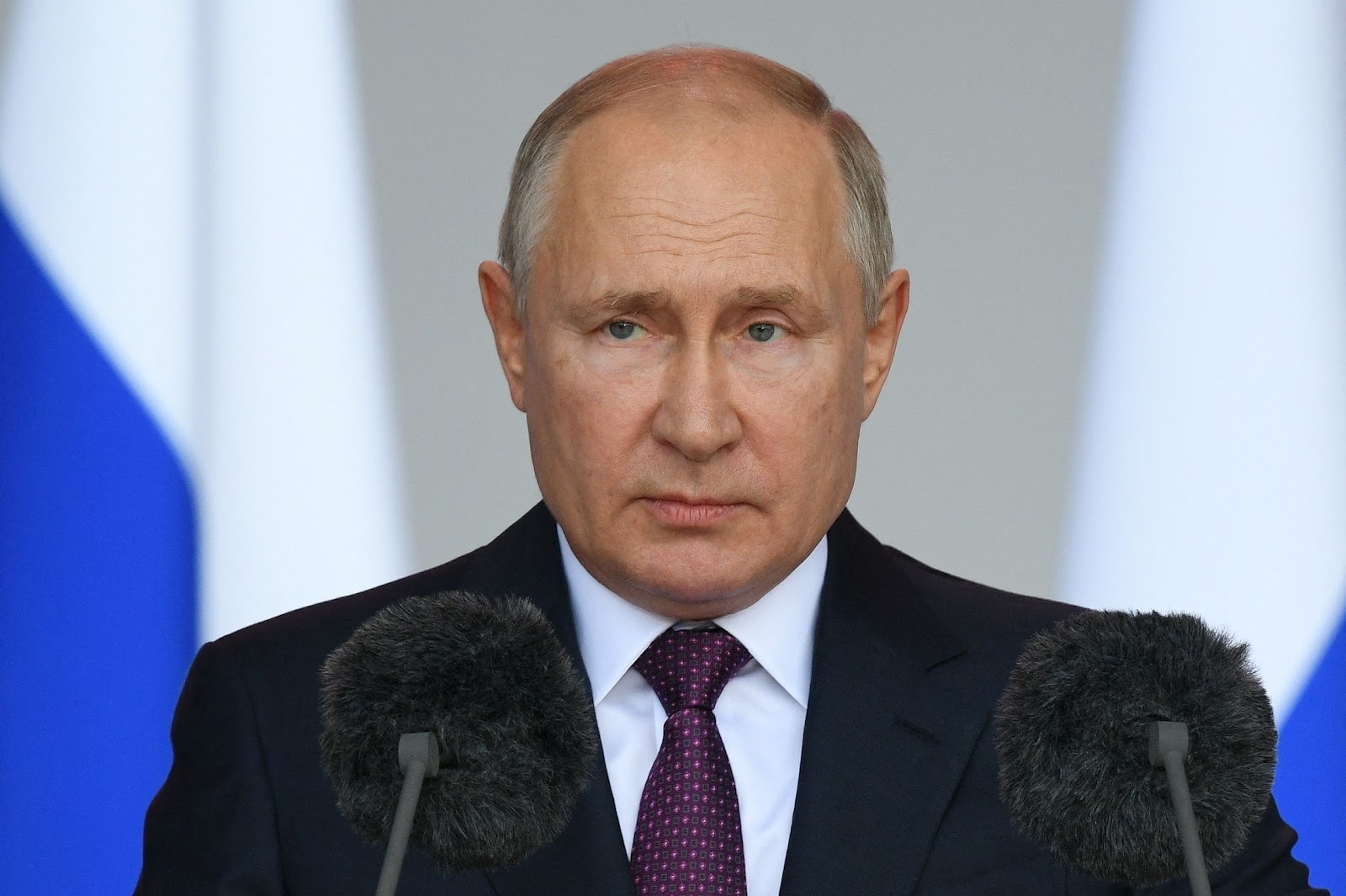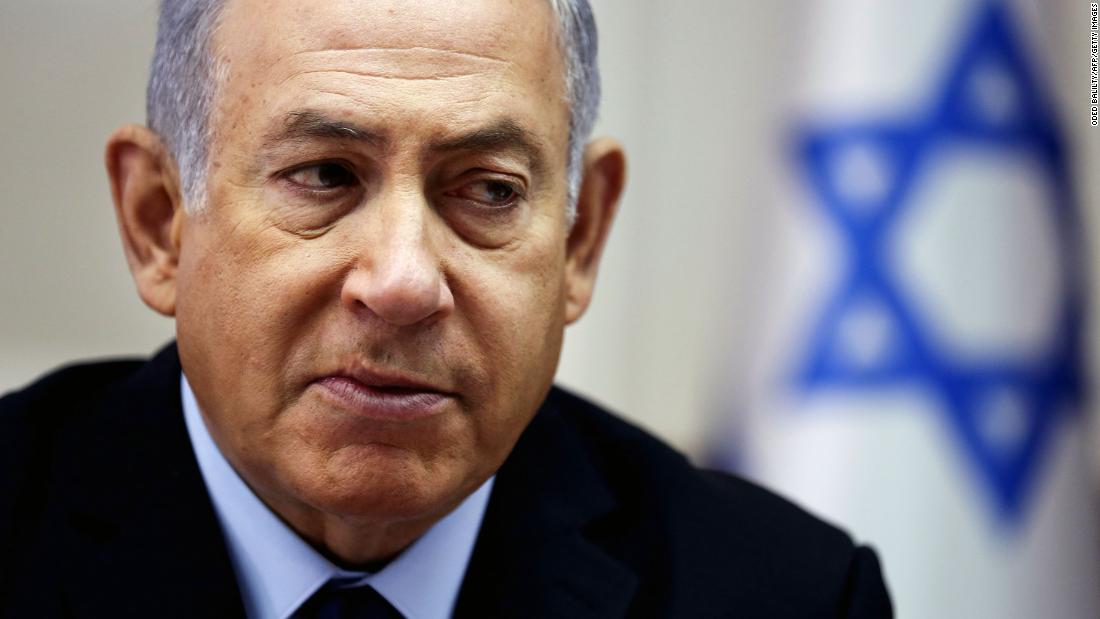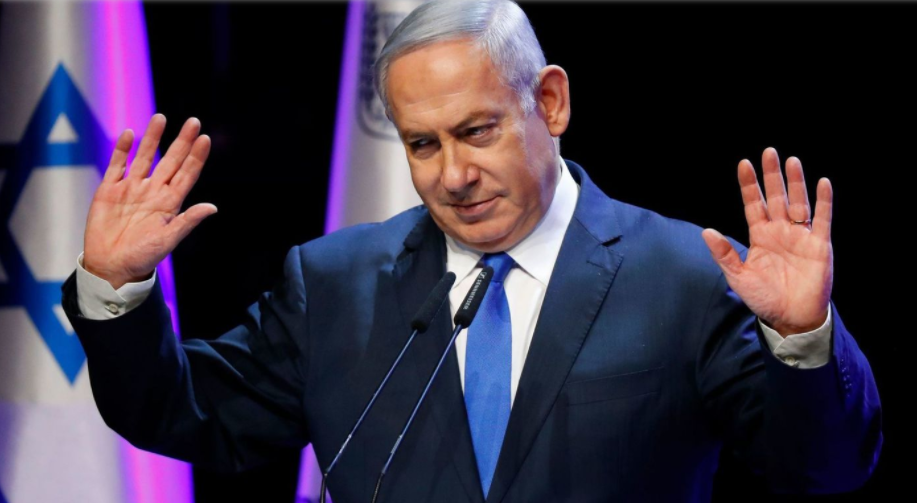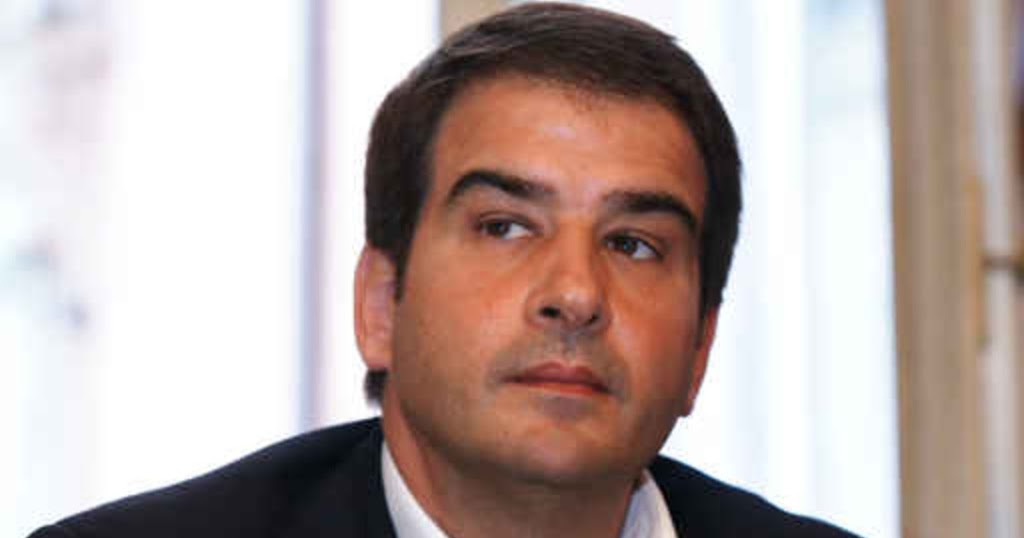[ad_1]
BRUSSELS (Reuters) – The European Union’s chief Brexit negotiator said on Thursday no “decisive progress” had been achieved in the third round of Brexit talks, and that opening talks on the two sides’ future ties in October was doubtful at the current pace.
Britain’s Brexit minister David Davis said the sides “made some concrete progress”, that there was “high degree of convergence” on the future Irish border and that London would “interrogate rigorously” what it would pay the EU on departure.
Brexit talks have resumed in Brussels more than a year after Britons narrowly voted in a national referendum to leave the EU. Despite both the EU and Britain being on a short deadline to deliver a deal, the talks have seen a slow start.
“Over the course of this week we have made a number of useful clarifications on a number of points, for instance the status of border workers,” Michel Barnier told a joint news conference with Davis after the latest round of talks.
“However, we did not get any decisive progress on any of the principle subjects, even though on the discussion we had about Ireland – that discussion was fruitful.”
Barnier scolded London for demanding the “impossible” – including having a say on the EU’s single market rules while being outside of it – in a series of position papers the British government released last week.
He said both sides disagreed again on Thursday on the EU’s demand, firmly rejected by Britain, that the European Court of Justice must be allowed to police the enforcement of rights of EU citizens residing in Britain after Brexit, and vice versa.
Davis reiterated calls from London to move swiftly to talks about a post-Brexit relationship with the EU, saying it impacts whatever becomes part of a divorce agreement.
The EU has refused to do that before “sufficient progress” is made on securing the rights of expatriates, imagining a future border between the United Kingdom’s province of Northern Ireland and EU member state Ireland, and agreeing an exit bill.
“Our discussions this week have exposed yet again that UK’s approach is substantially more flexible and pragmatic than that of the EU,” Davis said.
“I remain of the view there is an unavoidable overlap between withdrawal and the future and they cannot be neatly compartmentalized,” he said, reiterating London’s stance that talks on splitting from the EU and forging a new relationship should largely run in parallel.
DIVORCE BILL
Barrier said he and Davis remained far apart on what Britain should pay on departure to account for previous commitments.
“In July, the UK recognized that it has (financial) obligations beyond the Brexit date,” Barnier said. “But this week the UK explained that its obligations will be limited to their last payment to the EU budget before their departure.”
“Yet we have joint obligations to third partners … After this week it’s clear that UK does not feel legally obliged to honor these obligations after departure.”
The bloc has previously floated a sum of around 60 billion euros, which Britain swiftly dismissed as ridiculously high.
“We are a country, which meets its legal obligations, and we will continue to do so, but these have to be real obligations,” Davis said. “We have a duty to our taxpayers to interrogate it rigorously.”
“It’s fair to say across the piece we have a very different legal stance but as we said … the settlement should be in accordance with EU law and in the spirit of UK’s continuing partnership with the EU.”
Davis said Britain was also willing to honor some “moral” obligations beyond the purely legal ones.
Barnier said the EU’s and Britain’s positions remained far apart, adding there was little chance that, at the current pace, the EU would agree to start talks about its future relationship with London as had originally been expected in October.
“Which such uncertainty – how can we build trust and discuss future relationship?” Barnier said, saying he was ready to step up the pace of talks, with the next round currently scheduled to start on Sept. 18.
“We are quite far from being able to say that sufficient progress has taken place, sufficient for me to be able to recommend to the European Council that it engage in discussions on the future relationship between the UK and EU.”
Additional reporting by Jan Strupczewski and Philip Blenkinsop, Writing by Gabriela Baczynska, Editing by Ralph Boulton and Alison Williams
[ad_2]
Source link






Leave a Reply